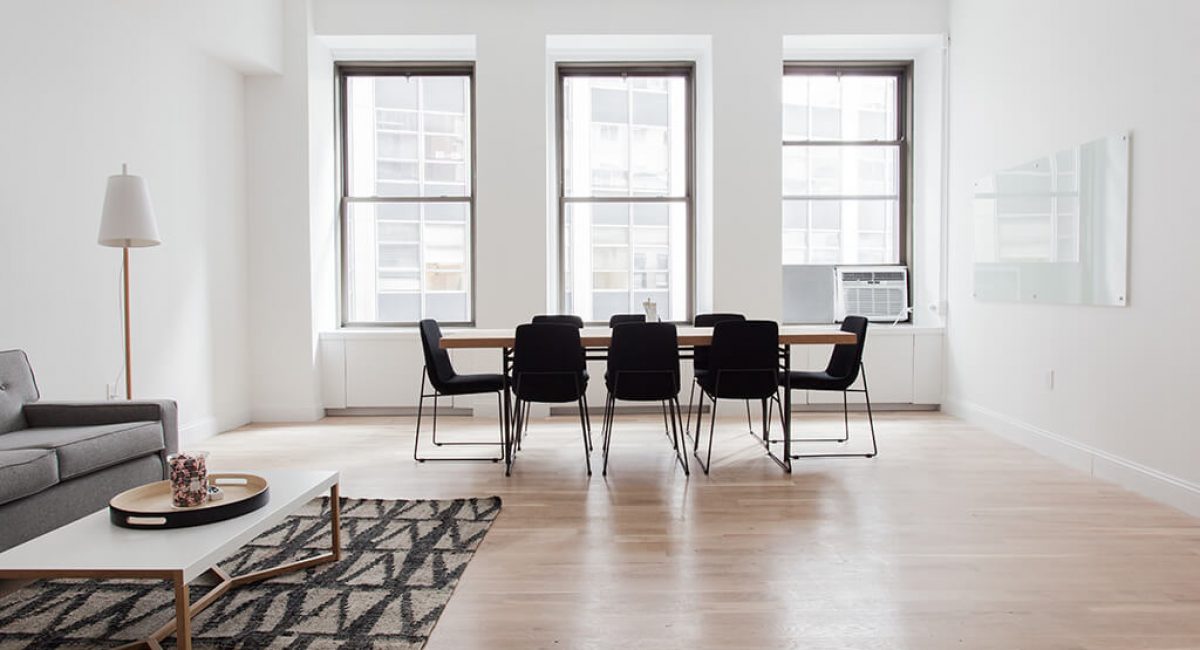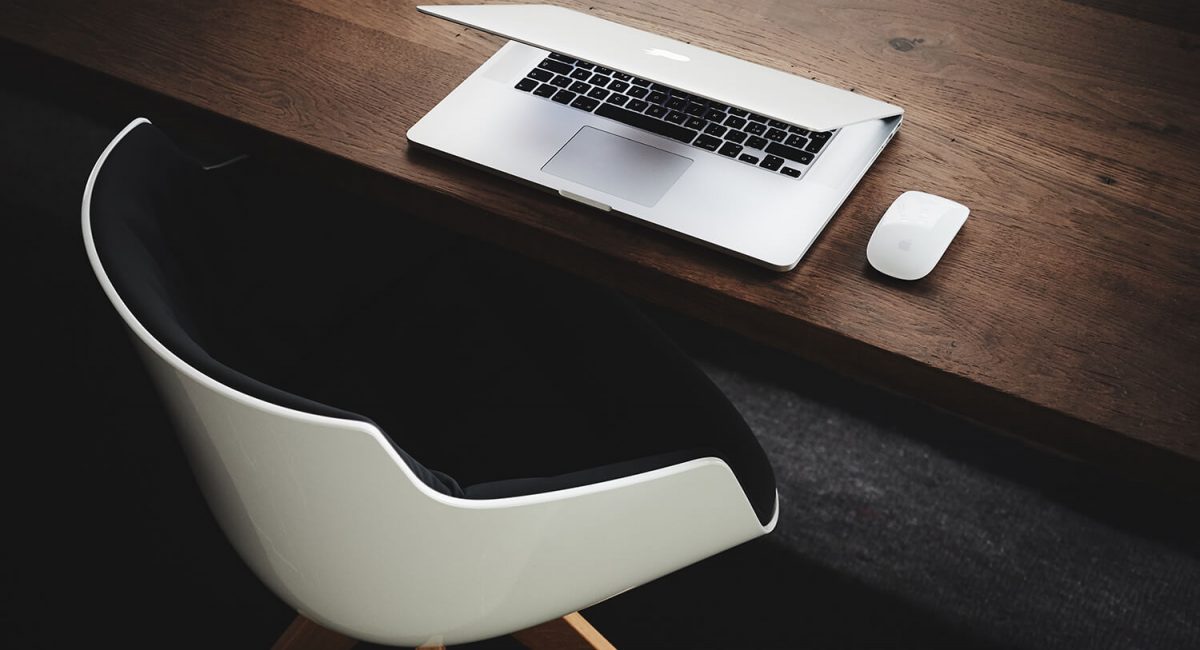How much deposit do I need
to buy a house?
Once you have chosen your new house or home, you need to purchase it, this will most often consist of an initial deposit and then a mortgage, but how much deposit will you need?

By Nick Partington
Your mortgage deposit will normally need to be for at least 5% of the value of the property you are buying. So, for example, if you want to buy a home costing £200,000, you will need to save up a minimum deposit of £10,000.
However, the bigger the deposit you can build up, the wider your choice of mortgage options will be, and you will be able to benefit from lower interest rates.
This is because mortgage lenders consider homebuyers with smaller deposits to be a higher risk than those with larger deposits.so if you can afford to save up 10%, 15% or 20%, you’ll find you have access to more mortgages at better rates.
Lenders’ very best deals are usually reserved for people with either a 35% or 40% deposit, or equity in your existing property if they are an existing homeowner looking to move or remortgage.
Can I get a mortgage without a deposit?
Since the global crisis in 2007, mortgage lenders have been much more cautious, and we no longer have 100% mortgages. The lowest deposit mortgages are usually 95% loan to value, so you will need at least a 5% deposit.
Having said that, some lenders do offer mortgages up to 100%, but only if parents or family members can provide additional cash or equity as security.
Can I get a mortgage with a gifted deposit?
There has been an increasing trend to rely on the ‘Bank of Mum and Dad’ to gift them a deposit to get a mortgage. If you are buying a home using a gifted deposit, the lender may require confirmation that the person gifting the money is aware that they will not have any claim on the property, and that they do not expect their money back.
Although lenders are usually happy for family members to gift deposits, they may be more reluctant to lend if the gift has come from a friend.
How much deposit do I need for a Help to Buy mortgage?
If you’re buying a new build property through the Government’s Help to Buy equity loan scheme, you need to put down a 5% deposit. The government will lend you a further 20% of the property price interest-free for the first five years, so you’ll only need a mortgage for 75% of the buying price.
What is the minimum deposit for a Buy to let mortgage?
If you want to buy a property to rent out, you will usually need a deposit of at least 25% of the property value, and as with residential mortgages, the larger the deposit you can afford to put down, the more mortgage deals you will have available to you.
Is it better to put a bigger deposit down on a property?
Typically, the larger the amount you can put down as a deposit, the wider the choice of mortgage options you will have. A larger deposit will also mean that you are borrowing less and reduce your monthly mortgage payments.
Lenders will work out how much you can borrow but it is no longer based exclusively on a set multiple of your income as it used to be. They will also look at your outgoings and any other debts you might have. – see our handy guide How much can I Borrow.
If you can’t afford to save up more than 5% of the property value, however, don’t despair. There are several lenders who are normally prepared to offer 95% mortgages, so there should still be options available to you. Seek mortgage advice if you’re not sure which deal is likely to be right for you.
What is the best way to save for a deposit?
Rock-bottom interest rates over the past few years have made it really difficult for people saving for a house deposit to generate decent returns in order to reach their goal faster. There are, however, government savings schemes available to help first time buyers save up a deposit.
Many people may have started a help to Buy ISA which is an excellent way of building up a deposit, unfortunately, Help to Buy ISAs closed to new savers on 30th November 2019. If you’d already opened an account by this date, you can keep saving into the ISA until 30th November 2029, when accounts will close to additional contributions. You must claim the bonus by 1st December 2030.
There is the Lifetime ISA, which aims to help those saving up to buy a property, or for retirement, or both. These accounts will be available to those aged between 18 and 40, and you’ll be able to put away up to £4,000 a year, which will be supplemented by a government bonus of 25%, up to a maximum of £1,000 a year. Returns will be free of income tax and capital gains tax (CGT). You have to have your Lifetime ISA for at least a year before you can use it to help you buy a home.
What are the additional costs when buying a home?
Remember when you are saving up your deposit that you will need to save a little extra to cover all the additional costs associated with buying a property, such as stamp duty, legal fees, survey and moving costs. – See our guide, The Cost of Buying a House.
“Typically, the larger the amount you can put down as a deposit, the wider the choice of mortgage options you will have..”


